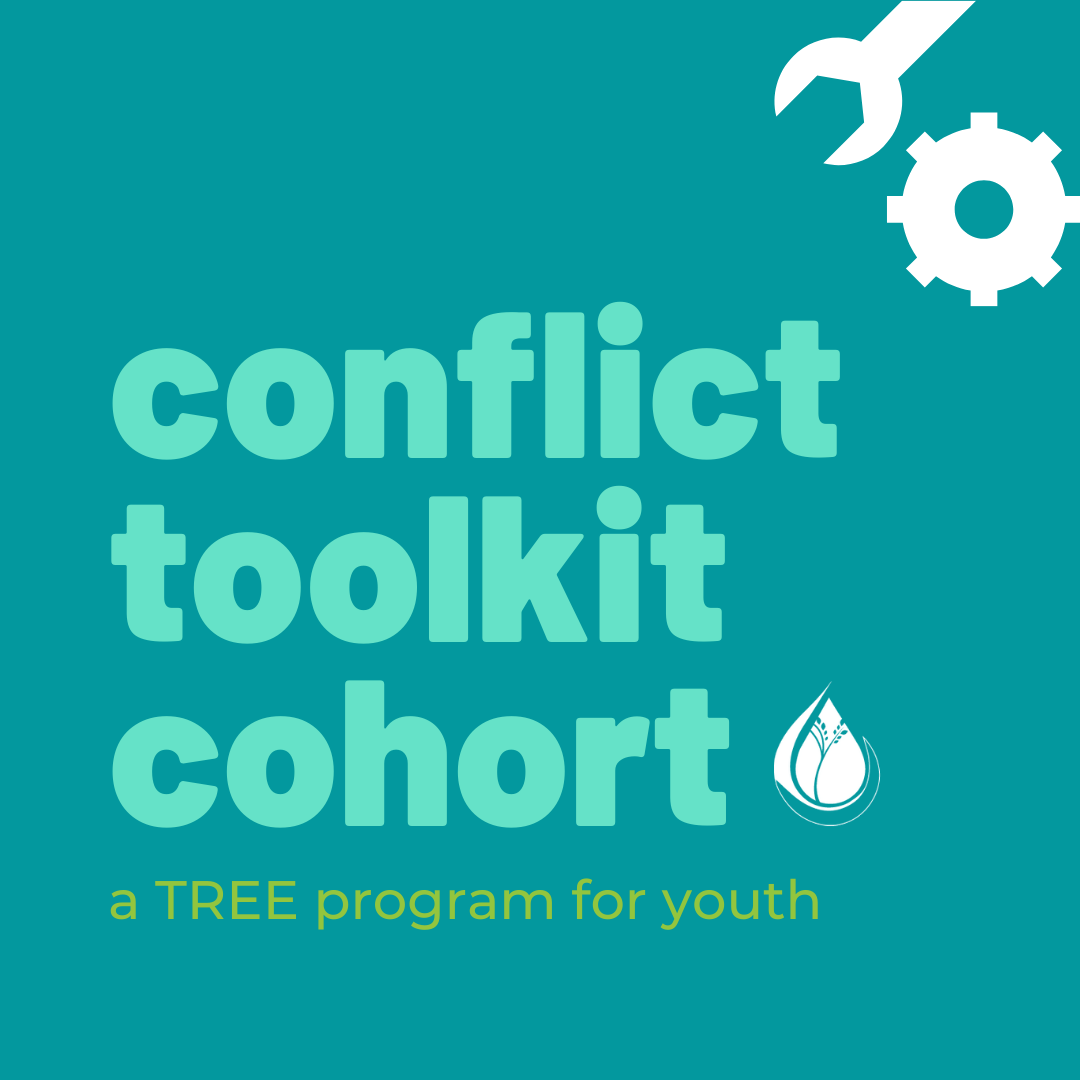
Starting in March of 2020, the Kindred Credit Union Centre for Peace Advancement, along with most of the world, began transitioning to a virtual workplace. As discussed in “Catalyzing collaboration in the wake of COVID-19”, despite the sudden change of context, the Centre and its participants continued their peace work by finding ways to collaborate and adapt in a virtual environment.
Founder and Executive Director of The Ripple Effect Education (TREE), Katie Gingerich, remembers being nervous when thinking back to the beginning of the pandemic. She recalls asking herself, “Our work is relational and mostly happens with large groups in schools and the community. How can we do that well virtually?”
Fortunately, in the true spirit of entrepreneurship, TREE took the challenges posed by the pandemic and create unprecedented opportunities to reach young people directly, via online programming. On February 16, 2021, TREE’s first fully-online, open-registration program will begin.
Known as the Conflict Toolkit Cohort, this new program was developed for students from grades seven to nine in response to feedback from families in the community that more resources were needed to support conflict management at home. With a maximum of eight participants in each cohort, the Conflict Toolkit Cohort promotes direct engagement through live discussion and activities. For the first time, youth do not have to be affiliated with a group or school to get involved. Each week, participants will explore different strategies in the conflict toolkit. At the end of the program, these are integrated in a Conflict Map, which participants can reference for practice and guidance during future conflicts.
Gingerich describes the Conflict Toolkit Cohort program as being, “broadly designed to teach universal skills that young people can use while engaging with the people around them.” By equipping youth to express their needs in more empathetic ways, listening actively to others, and approaching hard conversations with some tools in their tool belts, youth will complete the program with the confidence to talk about their needs and experiences in ways that honour and value relationships.
The parent of two participants in the pilot program shared that they “had fun, learned a lot and have a full awareness of conflict situations, and the tools available to them that they did not have before.” TREE looks forward to connecting more directly with families and youth interested in peace work, and to building relationships virtually in meaningful ways.
The first iteration of this four-week program begins on Tuesday February 16th, 2021 from 4:00 – 5:15 pm EST. Visit TREE’s website for more information and to register online for the Conflict Toolkit Cohort program.